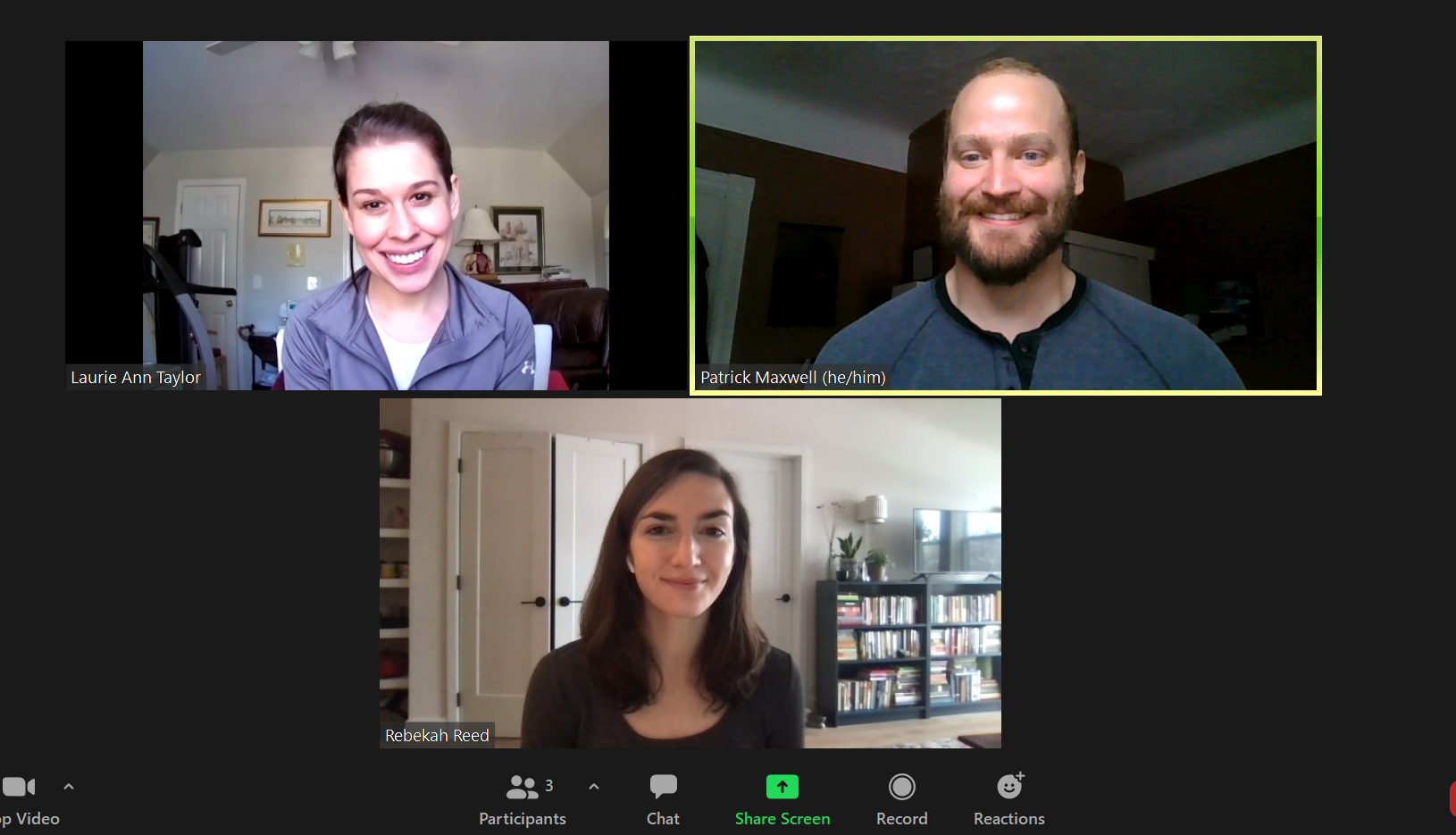
Semester: 2021 Spring
Students: Laurie Ann Taylor, Patrick Maxwell, Rebekah Reed
Southwest Initiative Foundation (SWIF) exists to help keep southwest Minnesota strong and vibrant.
With rolling prairies, the historic Minnesota River Valley and some of the richest farmland in the world, southwest Minnesota is unique. It’s home to incredible people from diverse backgrounds, including Dakota people, early Scandinavian and European immigrants, and waves of Latinx, African and Asian immigrants and refugees. SWIF is an independent, 501(c) 3 non-profit, public charity focused on strategic use of its resources and relationships. SWIF’s vision is a region where all people—nearly 300,000 residents in 18 counties and two Native nations— thrive. Southwest Initiative Foundation staff has been charged to build trust with, listen to, and work alongside and with new immigrant and refugee leaders in creating systemic approaches to address issues of racial diversity, equity and inclusion. SWIF believes that being shut out of community and civic life is the most pervasive structural barrier to achieving racial equity.
This is juxtaposed against growing fear and anxiety of changes that many long-time residents are seeing in their communities, fueled by divisive political rhetoric of recent years, which has bubbled over in the form of hate speech and white power symbols showing up in communities. Last summer, a white supremacist, neo-folkish group purchased a vacant church to establish an upper-Midwest meeting hall. The community upheaval caused when some residents took a strong stand against the group, while others took a more measured and cordial approach, has torn the fabric of the community apart. The division was greatly exacerbated when the city council approved a conditional use permit for the group based on their constitutional right to gather as a recognized religious organization.
SWIF has engaged HNMCP to create a framework for community conversations that use shared values to bridge divides, by educating and engaging stakeholders in thoughtful conversations around race and equity, helping shift negative perceptions of our tribal communities, recent immigrants, people of color, and working poor.
Preliminary approaches and deliverables:
- A regional assessment of the social, economic, and political landscape through research, interviews, and focus groups.
- Design of a set of materials that can be used to facilitate conversations that bring community members together for sharing and listening for understanding to individuals at a fundamental level and make a presentation to the SWIF board.
